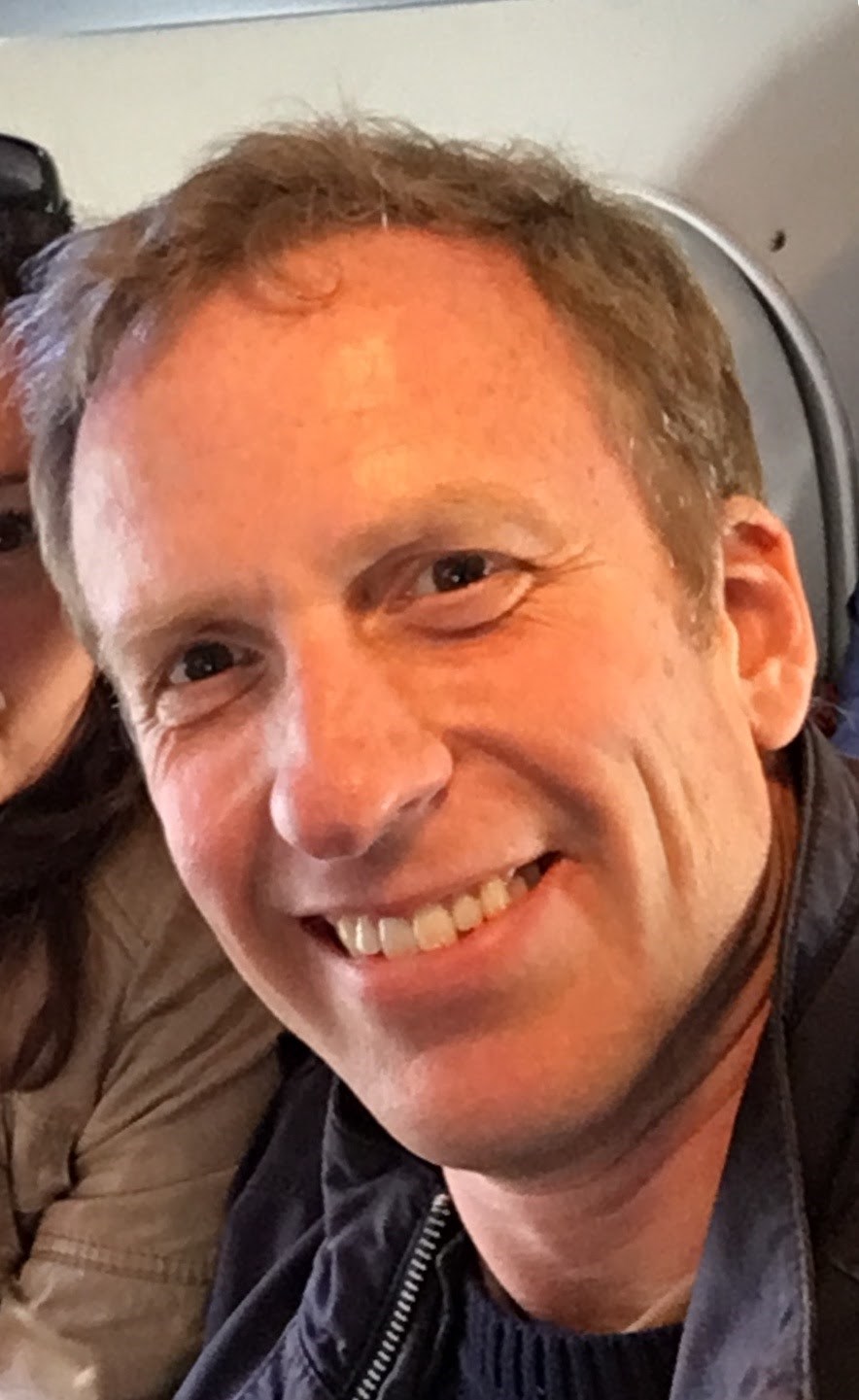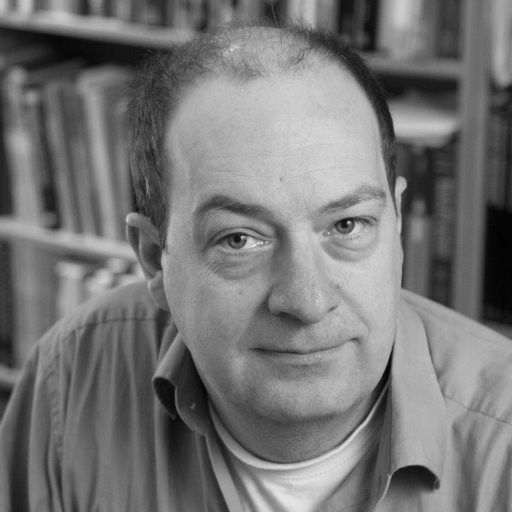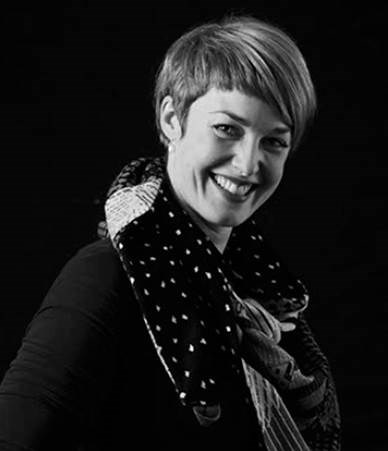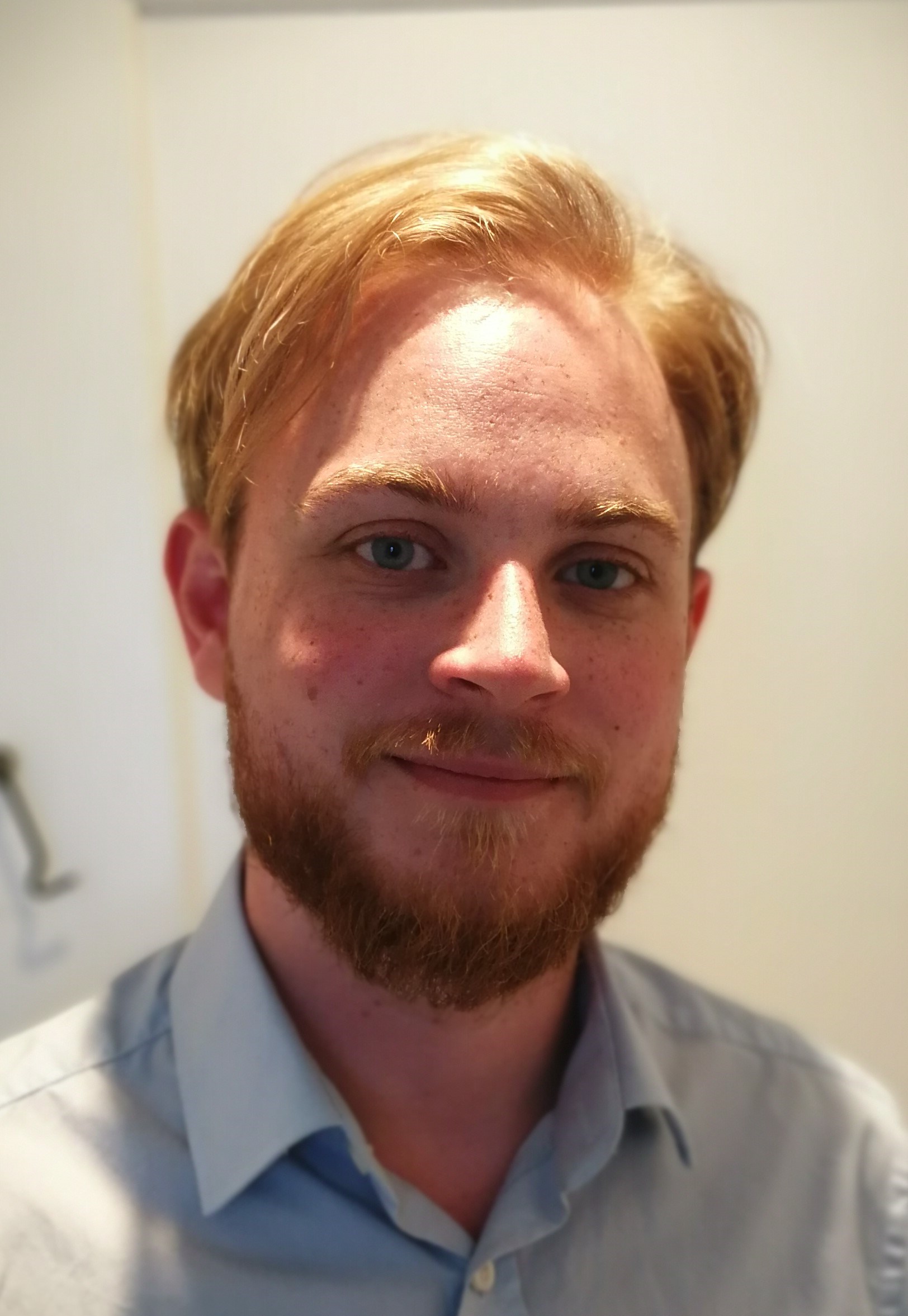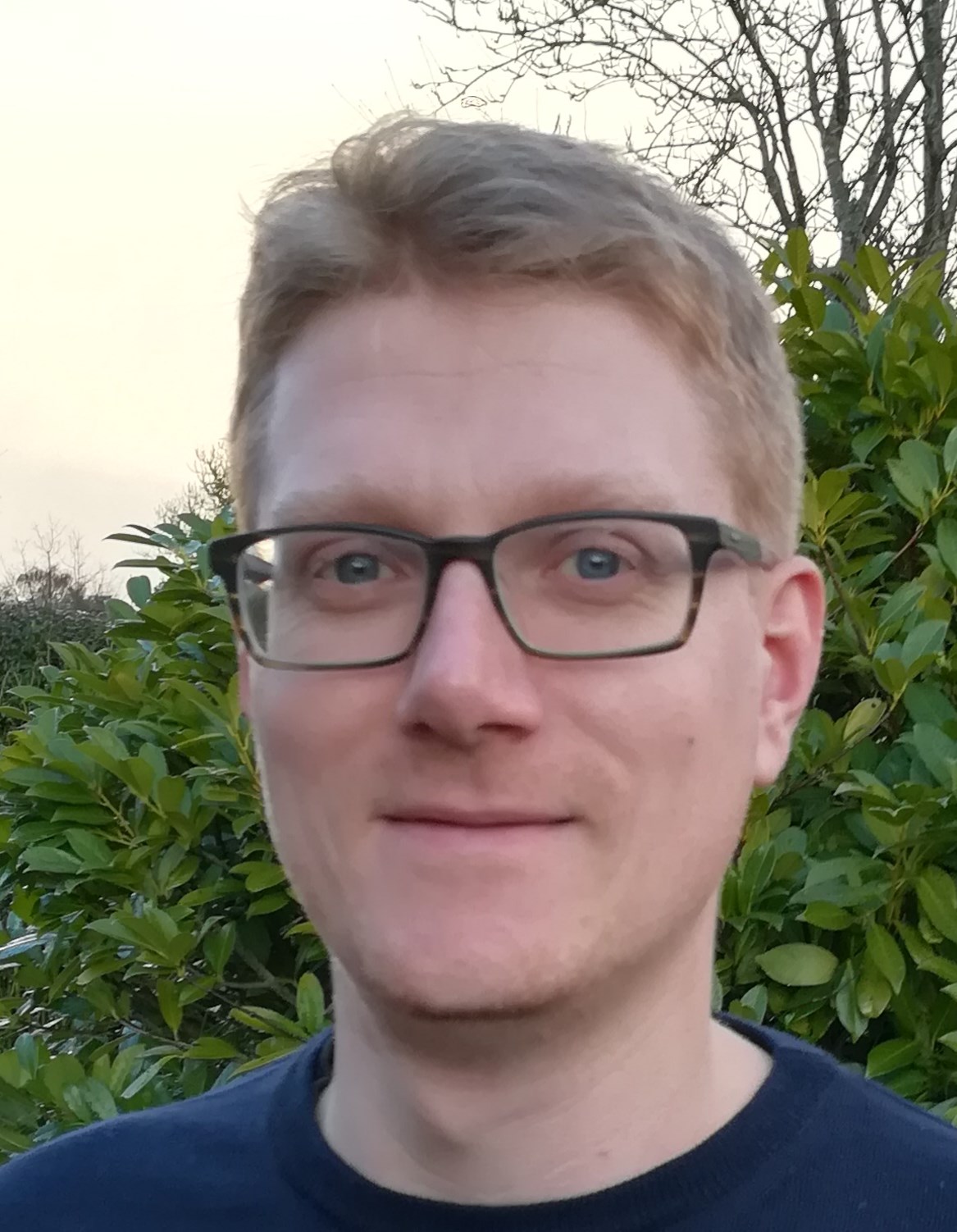National dosimetry laboratory
Dosimetry is essential for radiotherapy, and dosimetry is required throughout the entire treatment course from the calibration of new equipment to the verification of delivered doses in the patients. Dosimetry is an active field of research, in particular with respect to new treatment modalities like particle therapy and treatments in linear accelerators with online MR image guidance. For these modalities, standard codes of practice for how to perform reference dosimetry are not available for hospitals. The Technical University of Denmark (DTU) has recently established a unique laboratory for dosimetry research related to new advanced radiotherapy, and this project will bring the DTU laboratory closer to hospitals, such that it is used to its fullest potential. The project has two main activities: (i) to establish a national forum and network for the exchange of knowledge and experience within the field of dosimetry, and (ii) to support specific research projects relating to dosimetry for new advanced radiotherapy.
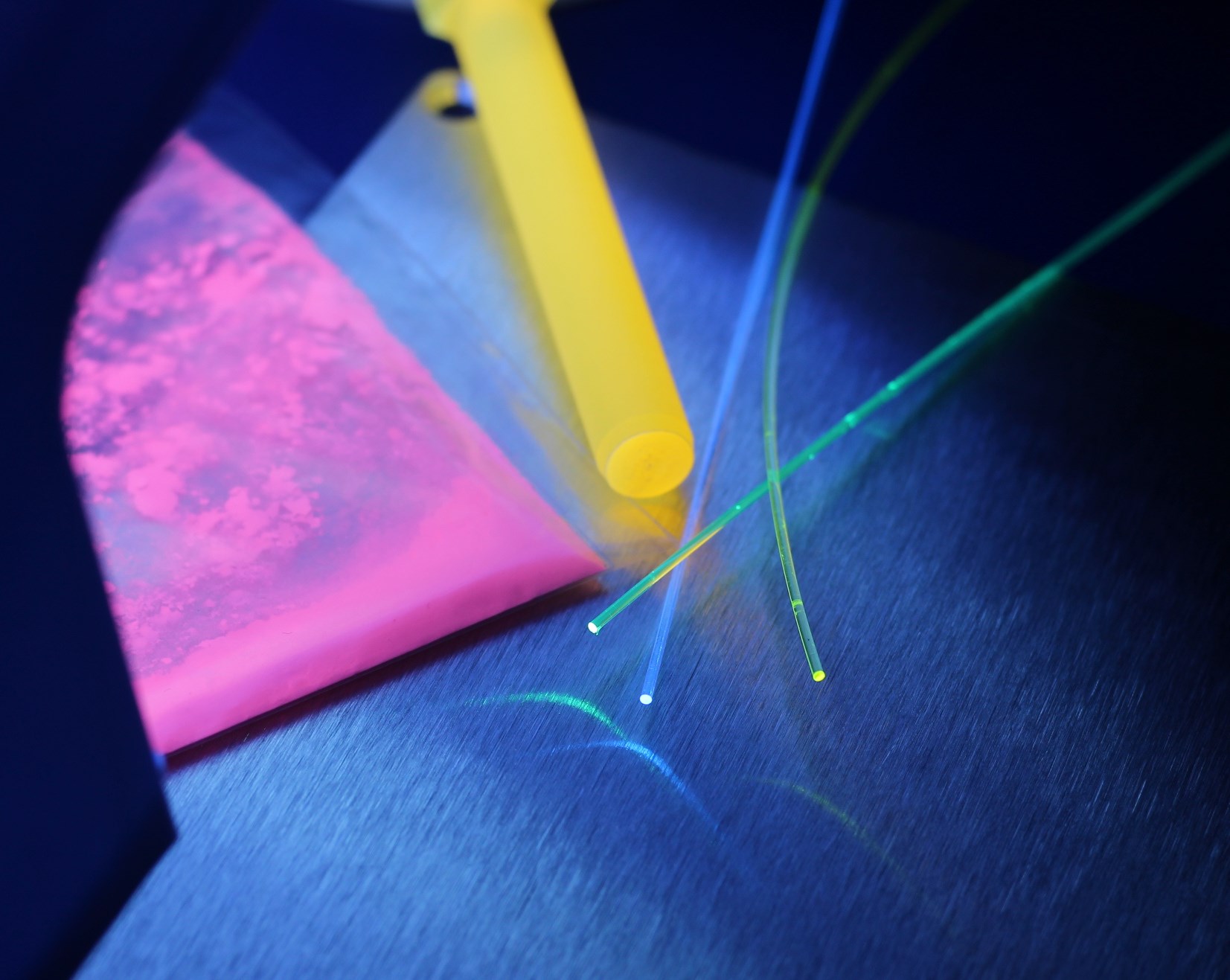
Project description
Aim
The overall aim is to support a fast and safe clinical implementation of new advanced radiotherapy modalities at Danish hospitals and to ensure dose consistency in national protocols for treatments and clinical research.
Background
New radiotherapy modalities are currently being introduced in Denmark: on-line MR-guided radiotherapy, pencil beam scanning proton therapy, stereotactic MV treatments with flattening-filter free fields, and improved brachytherapy. Some of these modalities are so new that international protocols for reference dosimetry have not yet been established, and for flattening-filter free beams and small MV beams, protocols have only just recently become available and the full clinical implementation and acceptance of these protocols are awaiting. Furthermore, knowledge of basic dosimetry needs to be developed and maintained, in particular in times where the treatment technology becomes yet more sophisticated.
Methods
The project includes both network activities, development of accredited measurement and calibration services, and research as outlined below.
A national forum for the exchange of radiotherapy dosimetry will be formed. The main task will be to organize three workshops during the project period. The purpose will be (i) to ensure implementation of new protocols for dosimetry from the IAEA and other leading organizations, and (ii) to ensure best practice based on ongoing research projects in Denmark and elsewhere. These activities could lead to a higher degree of uniformity in dosimetry within Denmark and to improved clinical workflows.
During recent years, DTU has established a unique laboratory, with state-of-the-art radiation sources and other specialized equipment for calibrations and measurements. This has enabled DTU to take part in EURAMET research projects such as the ongoing project on establishing data for the revised version of the IAEA protocol for dosimetry in MV accelerator beams. To optimize the use of the laboratory, DTU will seek accreditation for services useful for hospitals. The planned services comprise calibrations of ionization chambers in cobalt-60 and MV linac beams and of electrometers for charge and current measurements. Basic detector characterization and independent on-site verification measurements using alanine solid-state dosimetry can also be foreseen.
MR linac
DTU in close collaboration with the hospitals in Odense, Herlev and Copenhagen will develop and apply alanine EPR dosimetry for MR linac as a route for basic output calibration. This is useful due to the known problems associated with the application of gas-filled ionization chambers for reference dosimetry in strong magnetic fields. Alanine may also be used for verification of treatment plans in anthropomorphic phantoms. In the longer run, DTU plans to adapt existing systems for fiber-coupled organic plastic scintillators to applications in MR linacs. These systems can provide dose measurements for each individual accelerator pulse. The scintillator approach is expected to be of particular use for small fields due to their small size and minimal perturbation of the fluence of secondary electrons.
Proton therapy
DTU and DCPT will collaborate on basic detector characterization (uniformity) of plane-parallel ionization chambers, recombination measurements and cobalt-based reference dosimetry in proton beams. DTU is developing a calorimeter for absolute dosimetry and this will be used at DCPT in support of the basic calibration of the beam as well as in support of the development of improved calibration protocols for scanned proton beams.
Brachytherapy
Aarhus is developing scintillator systems for online, in vivo dose monitoring during brachytherapy of cervical and prostate cancer patients. The plan is to implement the systems in Aarhus, Odense, and Copenhagen, and to train the local staff in the use of the system. Patient data will be gathered over a 2 year period, and in combination with afterloader logfiles and dose plans, the study will help evaluate the need and feasibility of in vivo dosimetry in brachytherapy.
Expected results
The project will first and foremost support a fast and safe clinical implementation of new advanced radiotherapy modalities at Danish hospitals. As side results, an improved dosimetry network will be established, new accredited calibration and measurement services will be available for Danish hospitals, and improved dosimetry will be developed for MR-linacs, particle therapy and brachytherapy.
Impact/Relevance/Ethics
The project is expected to be of particular relevance for the hospitals introducing the new treatment techniques, however, benefits should also be clear for hospitals focusing on more conventional techniques. The application of in vivo dosimetry in the brachytherapy project may need approval from the ethics committees unless it is already covered by existing protocols.
-
Ole Nørrevang
Cheffysiker
Aarhus University Hospital![]()
-
Claus E. Andersen
Senior Scientist, head of section (dosimetry)
Danish Technical University - DTU![]()
-
Christina Ankjærgaard
Researcher
Danish Technical University - DTU![]()
-
Mads Fjelbro Klavsen
Ph.d.-studerende
Danish Technical University - DTU![]()
-
Jacob Graversen Johansen
Associate Professor
Aarhus University Hospital![]()
